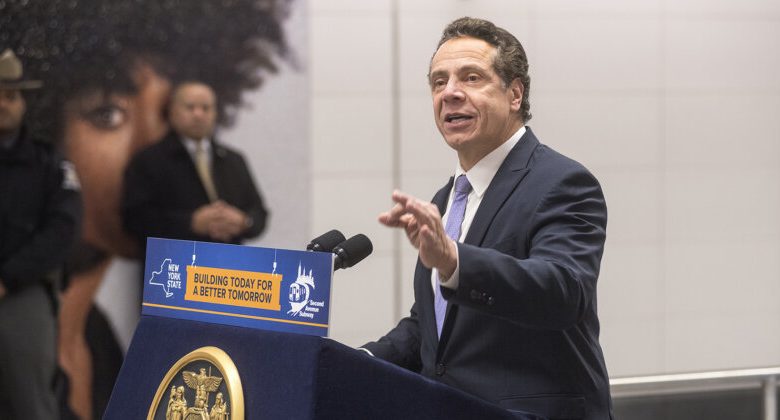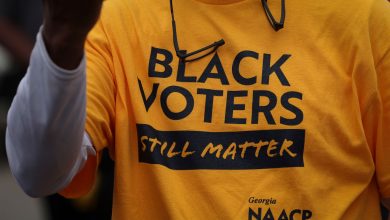5 Key Facts About Black Voters in Cuomo’s NYC Defeat

Zohran Mamdani’s shocking win over Andrew Cuomo in the NYC Democratic mayoral primary has reignited debates about Black voter engagement, generational shifts, and the Democratic Party’s long-term strategy. While Cuomo held a lead among Black voters in New York City, the results highlight growing fractures, dissatisfaction with establishment figures, and a demand for radical new approaches. Many assumed older Black voters would default to Cuomo as the familiar candidate, and in many cases, they did—he secured over 51% of the Black vote. But Zohran Mamdani’s victory showed that growing segments of younger and more progressive Black voters were ready to break from tradition in search of a new political vision.
1. Cuomo Carried Black Voters—But Lost the Race Andrew Cuomo won over 51% of the Black vote, enjoying a 20-point edge over Zohran Mamdani in Southeast Queens and Central Brooklyn. But turnout in these areas underwhelmed and couldn’t offset Mamdani’s momentum in whiter, progressive strongholds. As veteran politician Charles Barron put it during a Hard Knock Radio interview, “Cuomo didn’t deserve the Black vote, and Mamdani didn’t earn it”—a sign of discontent with both camps.
2. A New Black Electorate Is Emerging Many younger Black voters rejected traditional appeals and national endorsements like Jim Clyburn’s. “We’re primed for a new vision,” said Queens author Frederick T. Joseph in TheGrio. Mamdani connected with this segment through affordability-focused policies and an inclusive campaign style, but Barron warned that even progressives must do more to build real relationships with Black communities. Tokenism, he cautioned, is no substitute for transformative organizing.
3. Mamdani’s Ground Game and Message Broke Through With promises like rent freezes, free bus rides, and newborn baby baskets, Mamdani’s campaign struck a chord during an affordability crisis in NYC. His team knocked on doors across the city, translated ads into multiple languages, and leaned into a grassroots digital strategy. Supporters compared the momentum to Obama’s 2008 run. As activist Andom Ghebreghiorgis said, Mamdani gave people “something different” and “worth opening their wallets for.”
4. Cuomo’s Donor Ties Alienated Progressives While Mamdani raised money from over 20,000 small donors, Cuomo relied heavily on SuperPACs backed by billionaire Michael Bloomberg and Bill Ackman—a figure widely criticized for dismantling DEI programs and helping oust Harvard’s first Black president. Activist Tamika Mallory publicly challenged Cuomo’s credibility via social media: “Why would you vote for someone supported by the same people who backed Donald Trump?” For many Black progressives, Cuomo’s financial backing was a red flag—not a strength.
5. Black Voters Are Demanding More Than Representation Despite five Black candidates in the primary, none broke double digits. Even NYC Council Speaker Adrienne Adams earned just 4.1% of the vote. As Charles Barron explained on Hard Knock Radio, symbolic leadership and “plantation politics” aren’t enough. He urged candidates to speak plainly on issues like reparations, AFRICOM, and the freedom of Black political prisoners. The future, Barron stressed, lies not in transactional politics but in radical, independent Black organizing.
Final Thought: As the general election looms and Eric Adams enters the fray, Mamdani must expand his coalition by connecting more authentically with Black communities. Democrats at large would be wise to listen: representation alone isn’t enough—vision, policy, and power-building matter more than ever.




